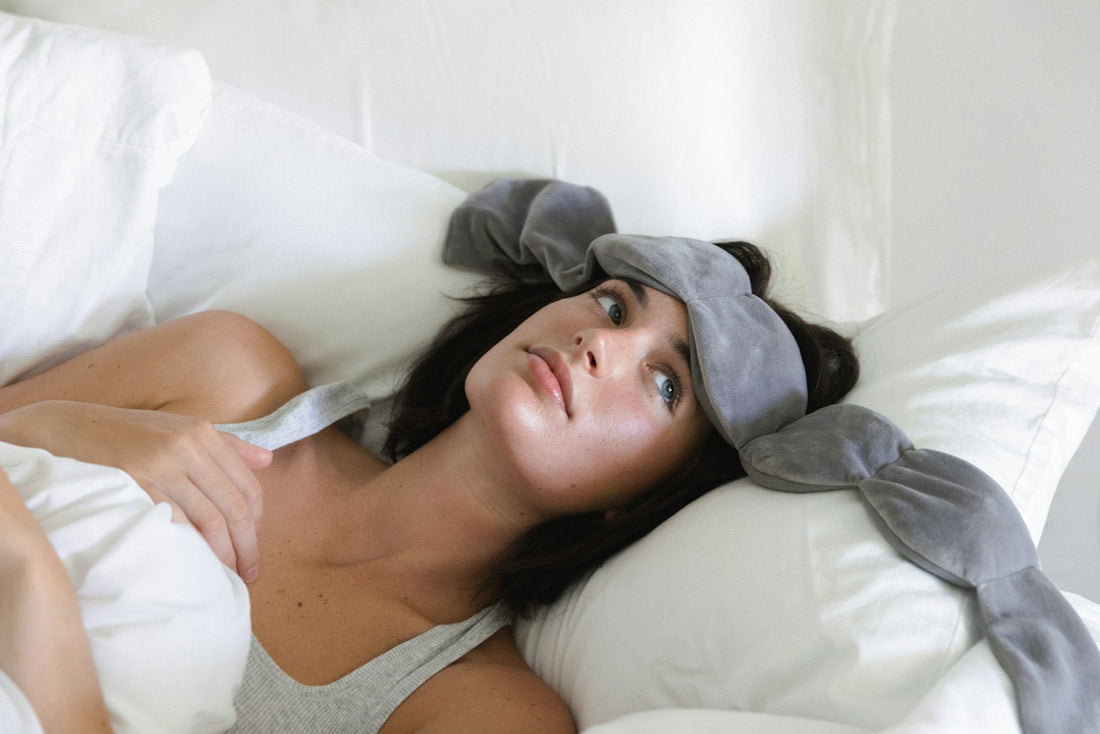
Dr. Blake McKinney on the Effects of Sleeplessness
Share
The results of the medical work up had come in. No bad news as far as anything that the labs or the imaging had to say. A visit to the emergency room had become the only option for a 32-year-old otherwise healthy woman who had been experiencing headaches, difficulty focusing, occasional visual disturbances, and fatigue for weeks. Her days were fueled by caffeine and energy drinks to combat her daily symptoms, and visits to primary and urgent care hadn’t been particularly helpful. Her doctors seemed to offer something between reassurance and dismissal when she described what she was experiencing. More than once they offered antidepressant or anti anxiety medication, but she felt she needed a more thorough investigation into what was actually going on before resorting to pills.
It’s common for people to bring problems that aren’t being solved in traditional primary care to the emergency department where, in order to exclude life-threatening illness, we are more likely to do things like CT scans and MRIs for certain symptoms.
As an emergency physician these last 18 years, I have become very familiar with the dilemma of symptoms that are considered medically vague, and are ultimately attributable to fatigue. It has become an important part of my practice to host the discussions that follow a reassuring advanced medical work up. Oftentimes I am evaluating somebody with complex, if not somewhat vague, symptoms that may range from dizziness, to visual disturbance, unsteadiness on their feet, heart palpitations, diffuse itching, and numbness and tingling. After we have excluded serious medical illness, heart troubles, cancer, etc., it’s time to talk about what could be contributing. This is where we get into discussions about the less life-threatening, but far more common, causes of otherwise unexplained symptoms.
The first question I ask in this setting is, “how are you sleeping?” Their answers often reveal the underlying problem. “Terribly,” or “I’m not,” are common answers that I get. When we break through to this point I pull up a stool and start talking about just how much our bodies need sleep. If we aren’t sleeping, it’s almost impossible for anything else in our life, including healing from illness, to happen. Mental health, physical health, the ability to think clearly, to handle life, and even survive depends on the recharge we get from sleep.
As a hospital physician, I’m not incentivized to start or keep people on medication. I choose to work in that setting, in part, because I never wanted to be in the business of encouraging people to rely on medication long-term for sleep. As such, I am able to talk to people about natural remedies and approaches to things like sleep, mental health, and exercise in ways that leave pharmaceuticals out of it. When I discover somebody isn’t sleeping well, I often recommend that they give Nodpod a try. After all, I speak from experience as a night shift worker who needs to sleep during the day. After a stressful shift, Nodpod eases my mind and my body into the bed, takes my blood pressure down, and helps me fall into that deep and restorative sleep I desperately need. I recommend Nodpod to all my patients who are suffering, not because of a medical illness, but from the physical manifestations of sleeplessness.